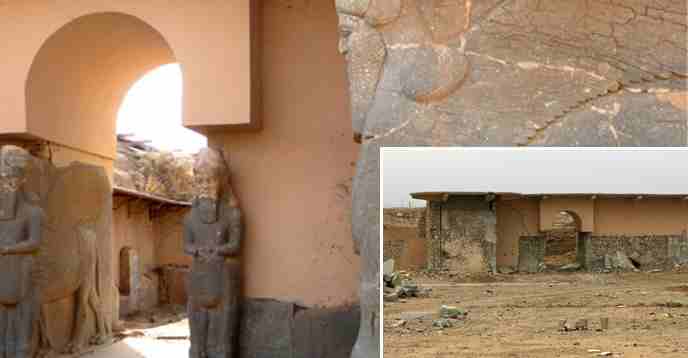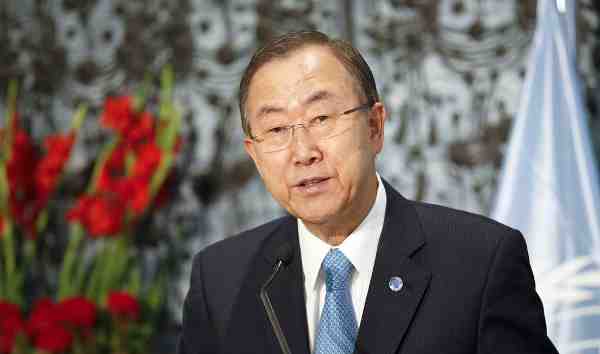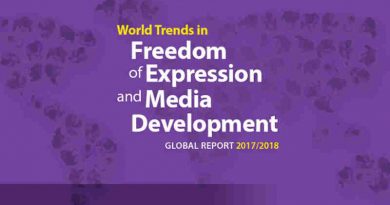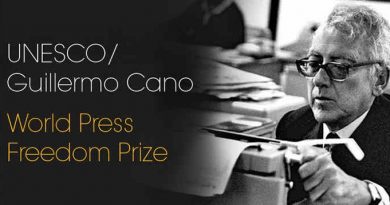How to Safeguard Heritage in Liberated Areas of Iraq

A meeting at UNESCO on 23 and 24 February will bring together Iraqi and international experts to examine the condition of cultural heritage in the liberated areas of Iraq.
They will determine priorities for its preservation, identify initiatives to protect archaeological sites, urban heritage, religious monuments and places, museum collections and historical manuscripts, and prevent looting and illicit trafficking.
Irina Bokova, Director-General of UNESCO, will open the International Coordination Conference on the Safeguarding of Cultural Heritage in Liberated Areas of Iraq with Mohammad Iqbal Omar, Iraq’s Minister of Education, and Feryad Rawnduzi, Iraq’s Minister of Culture.
Some 80 participants will meet in working sessions focused on protecting archaeological sites and preventing their looting, focusing on sites such as Nimrud and the UNESCO World Heritage sites of Ashur (Qal’at Sherqat) and Hatra.
[ Donate – Free Schools for Poor Children ]
Other major concerns to be addressed include the condition of museums and their collections, and preventing illicit trafficking of objects. Sessions will also focus on the current condition of historical buildings and religious heritage, and their conservation needs.
The meeting will conclude with the adoption of a prioritized action plan of emergency and mid-term safeguarding projects which will be shared with UNESCO Member States in an information session destined to garner support for their execution.
The meeting is organized by UNESCO and the Iraqi Ministry for Culture, with financial support by the government of Japan in the framework of the project Preventive Conservation of Iraq’s Museum Collections and Cultural Heritage at Imminent Risk, carried out by the UNESCO Iraq Office.
Photo courtesy: UNESCO
💛 Support Independent Journalism
If you find RMN News useful, please consider supporting us.




